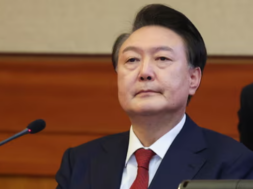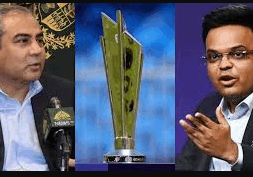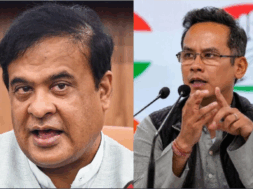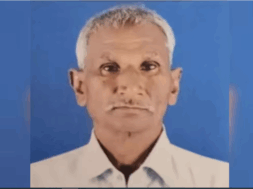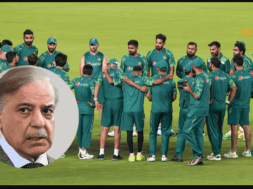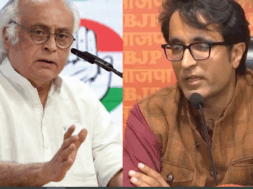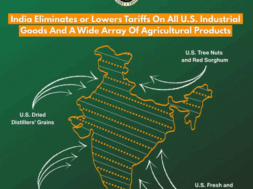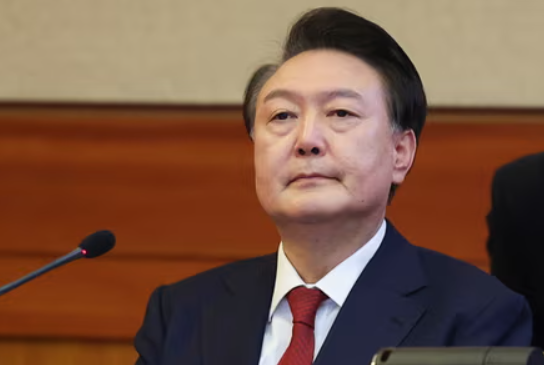
South Korea: Court upholds President Yoon’s impeachment over martial law orders
Virendra Pandit
New Delhi: South Korea’s Constitutional Court on Friday upheld the ousted President Yoon Suk Yeol’s impeachment over his short-lived martial law declaration, voting unanimously to strip him of office for violating the constitution.
Angry South Korean lawmakers had suspended Yoon, 64, over his December 3, 2024, attempt to subvert civilian rule, and sending armed soldiers to parliament. Later, he was also arrested on insurrection charges as part of a separate criminal case, the media reported on Friday.
His removal triggers fresh presidential elections, which must be held within 60 days.
“Given the serious negative impact and far-reaching consequences of the respondent’s constitutional violations… (We) dismiss respondent President Yoon Suk Yeol,” said acting court President Moon Hyung-bae.
The decision was announced unanimously by all eight of the court’s judges, who were given additional security protection by police amid tensions and pro-Yoon supporters rallying in the streets.
Yoon’s actions “violate the core principles of the rule of law and democratic governance, thereby undermining the constitutional order itself and posing a grave threat to the stability of the democratic republic,” the judges said in their ruling.
Yoon’s decision to send armed soldiers to parliament in a bid to prevent lawmakers from voting down his decree “violated the political neutrality of the armed forces and the duty of supreme command.”
He deployed troops for “political purposes,” the judges said, which “caused soldiers who had served the country with the mission of ensuring national security and defending the country to confront ordinary citizens.”
“In the end, the respondent’s unconstitutional and illegal acts are a betrayal of the people’s trust and constitute a serious violation of the law that cannot be tolerated from the perspective of protecting the Constitution,” the judges ruled.
Yoon is the second South Korean leader to be impeached by the court after Park Geun-hye in 2017.
Police raised the alert to the highest possible level on Friday, enabling the deployment of their entire force. Officers encircled the courthouse with a ring of vehicles and stationed special operations teams in the vicinity.
Anti-Yoon protesters cried, cheered and screamed as the verdict was announced. Some jumped and shook each other’s hands in joy, while others hugged people and cried.
Outside Yoon’s residence, his supporters shouted and swore, with some bursting into tears as the verdict was announced.
Yoon, who defended his attempt to subvert civilian rule as necessary to root out “anti-state forces”, still commands the backing of extreme supporters.
At least two staunch Yoon supporters — one in his 70s and the other in his 50s — have died after self-immolating in protest of the controversial leader’s impeachment.
Embassies — including the American, French, Russian and Chinese — have warned citizens to avoid mass gatherings in connection with Friday’s verdict.
South Korea has spent the four months since Yoon declared martial law, which he withdrew only six hours later due to public protests, without an effective head of state, as the opposition impeached Yoon’s stand-in — only for him to be later reinstated by a court ruling.
The leadership vacuum came during a series of crises and headwinds, including an aviation disaster and the deadliest wildfires in the country’s history.
Yoon also faces a separate criminal trial on charges of insurrection over the martial law bid.
